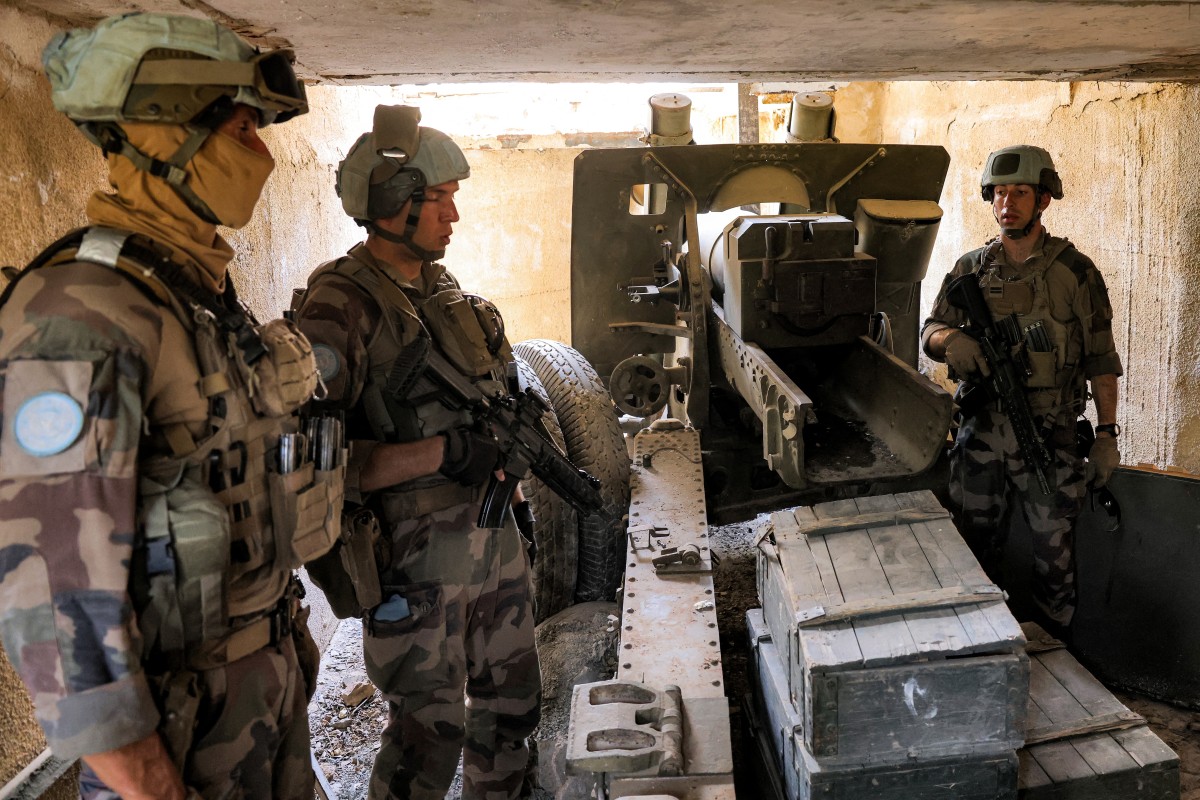Parliament Speaker Nabih Berri now finds himself cornered in a political predicament of his own making. He was the one who negotiated the ceasefire deal that "Hezbollah" requested to halt Israel’s deadly offensive. He signed off on it with all its clauses and interpretations, not in his capacity as head of Lebanon’s legislative authority, but as a partner in the Shiite political equation—acting at "Hezbollah"’s request to secure a ceasefire when the group was in no position to set conditions.
The agreement approved by Lebanon’s cabinet was explicit: Israel would retain freedom of movement until Beirut dismantled "Hezbollah"’s military infrastructure and neutralized all weapons—light, medium, or heavy—outside the framework of Lebanon’s legitimate security institutions.
"Hezbollah" has now reached its moment of truth. The government has formally decided to restrict all arms to state control and tasked the army with drawing up a plan to be discussed by the cabinet on the fifth of this month, three days later than initially scheduled. The decision to neutralize "Hezbollah"’s arsenal is final and irreversible, even if the group’s leaders insist they will never surrender their weapons, daring others to try.
Today, "Hezbollah" faces three options: continue rejecting disarmament, stall for time, or comply with the cabinet’s ruling and reinvent itself as a purely domestic political party, stripped of ideological and military ties beyond Lebanon’s borders.
But continued defiance is not sustainable. The “decision of war” has slipped from "Hezbollah"’s hands. Its remaining stockpiles are insufficient, especially after repeated Israeli strikes on its depots, the political and military shift in Syria following regime change, and the severing of supply routes from Iran. Moreover, war has become prohibitively costly. The group’s financial crisis has already forced it to cut payments to many who once depended on its patronage.
Delaying tactics are also unlikely to succeed for long. Regional deadlines loom at the end of the month, as files ranging from Gaza to wider Middle East negotiations reach their conclusions.
In reality, "Hezbollah" has but one path left: disarmament. Ironically, it may soon find laying down its weapons to be its best option, before those weapons themselves turn into a burden.
Washington’s envoy, Ambassador Tom Barrack, made it clear that neutralizing "Hezbollah"’s arsenal is ultimately Lebanon’s responsibility—even if it is a U.S. and Israeli precondition for maintaining the ceasefire. Barrack went further, broaching the subject of direct negotiations with Israel, still a taboo for the Lebanese but one he suggested will inevitably come if the country seeks a return to normalcy.
For these reasons, Berri bitterly conceded, “How sweet the May 17 Agreement looks now.” That controversial accord, brokered in 1983 by Ambassador Antoine Fattal and blocked by Lebanon’s February 6, 1984 uprising, had promised Israel’s withdrawal within two years and enshrined Line 29 as Lebanon’s maritime border.
Please post your comments on:
[email protected]
 Politics
Politics








